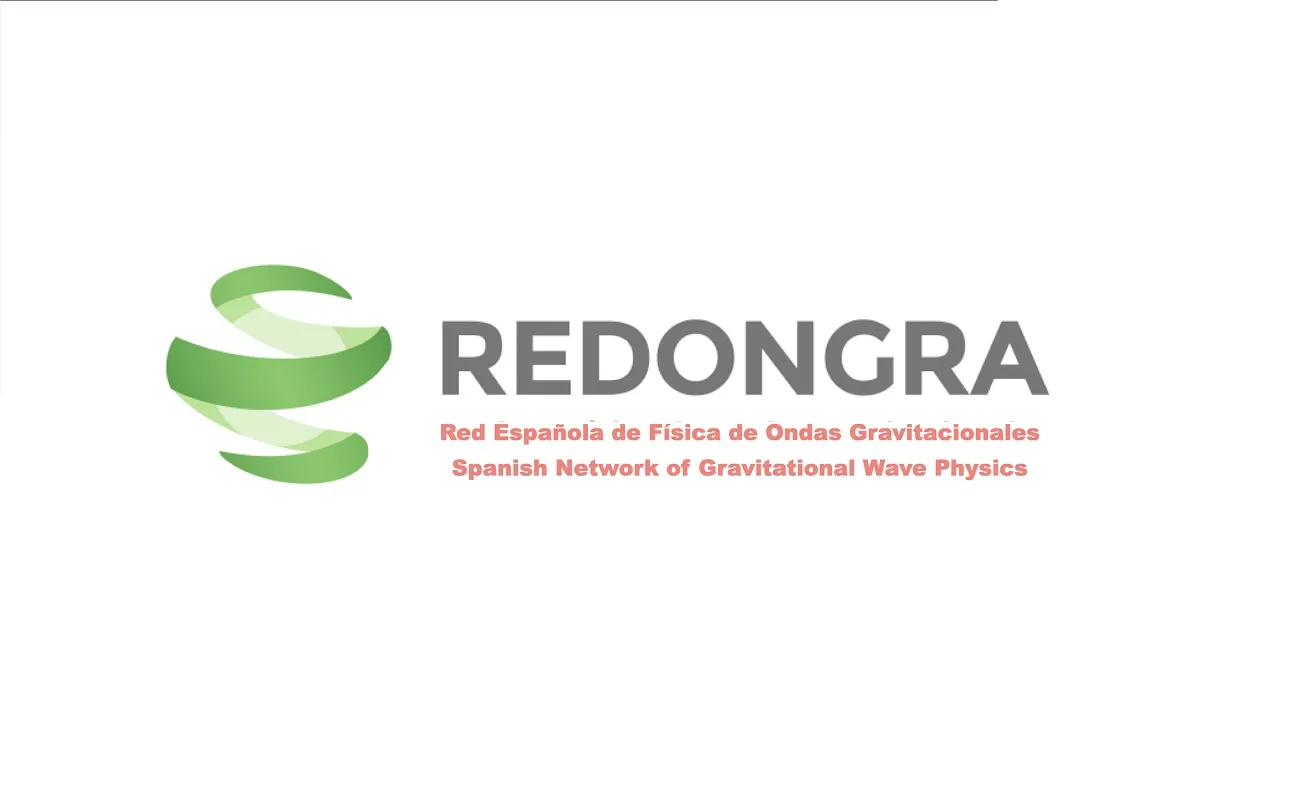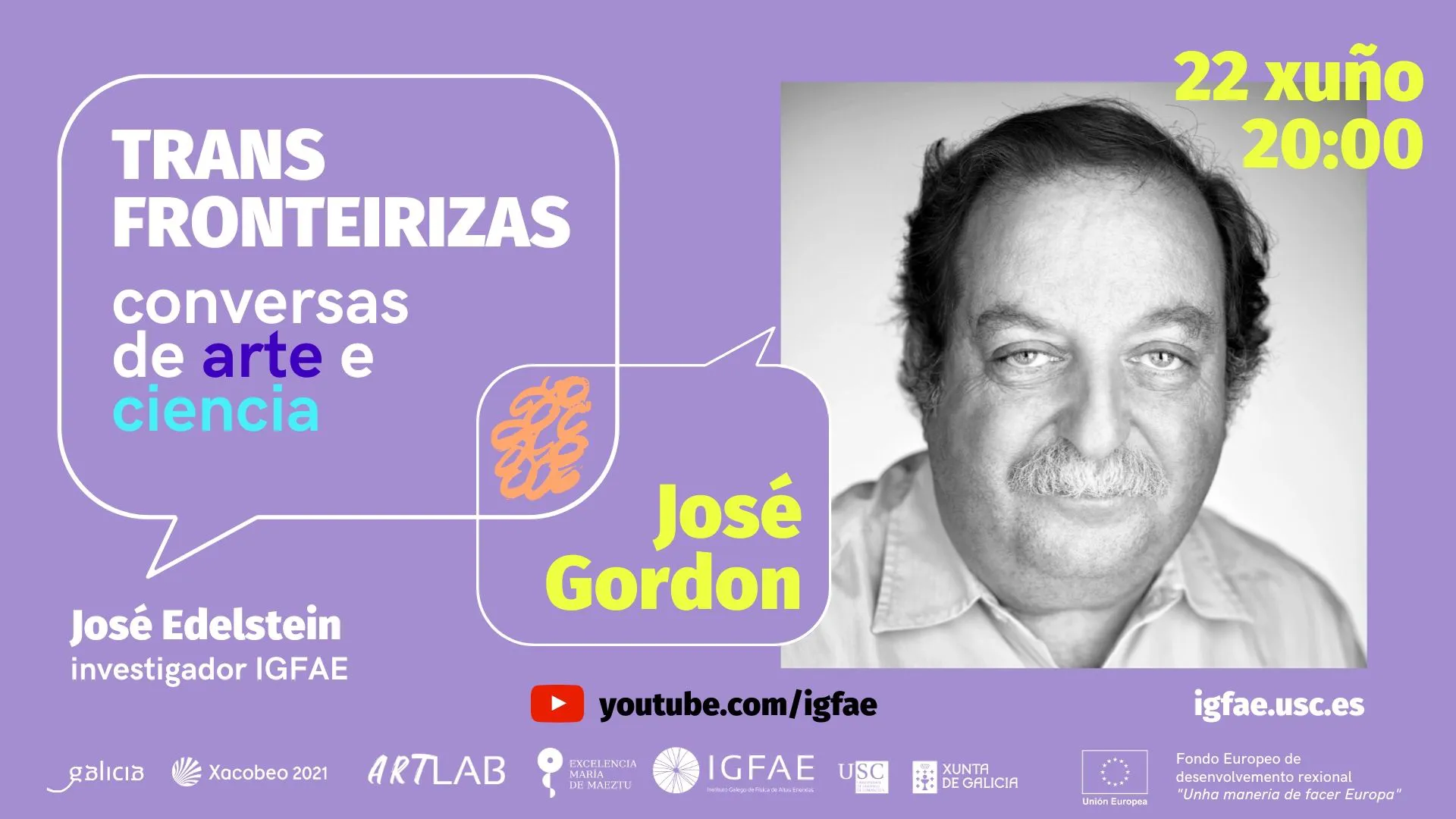O IGFAE únese a REDONGRA, unha rede para impulsar a ciencia de ondas gravitacionais en España



16.04.2024

O Instituto Galego de Física de Altas Enerxías (IGFAE), centro mixto da Universidade de Santiago de Compostela e a Xunta de Galicia, estará presente nos vindeiros anos no Proxecto Estratéxico de Microelectrónica e Semicondutores (PERTE Chip), Esta iniciativa, impulsada polo Goberno de España, concedeu a comezos de ano 1,6 millóns de euros para a posta en marcha da cátedra USC-Televés en deseño microelectrónico.
A Cátedra USC – Televés enmárcase na liña de axudas Cátedras Chip, que teñen como obxectivo a formación de profesionais no eido da microelectrónica e os semicondutores mediante a colaboración público-privada nas universidades de España. A colaboración entre a universidade e a empresa compostelá abrirá novos camiños para afrontar desafíos clave no sector da microelectrónica, destacando as liñas de investigación que se expoñen nas áreas da Computación no bordo, a Computación en memoria, a Computación cuántica e o avance en chips de vangarda para sistemas AESA (Active Electronically Scanned Array).

Esquema do experimento no que participará o IGFAE para estudar a influencia dos raios cósmicos nas infraestruturas de computación cuántica. Crédito: CESGA / Héctor Álvarez Pol.
Dentro desta colaboración, a cátedra reunirá ao persoal investigador da USC máis destacado neste ámbito. Neste equipo intégrase o investigador do IGFAE Héctor Álvarez Pol, que coordinará a participación en simulación de circuítos de computación cuántica e no estudo da influencia dos raios cósmicos nestas infraestruturas.
Por unha banda, o persoal do IGFAE achegará a súa bagaxe científica en física cuántica para simular procesadores cuánticos e estudar o seu comportamento en profundidade. Con este punto de partida, búscase mellorar o desenvolvemento de algoritmos e procesos que permitan aplicar a computación cuántica a análises de datos experimentais e cálculos teóricos nas áreas da Física de Altas Enerxías, Astrofísica e Física Nuclear.
Noutra liña de traballo, e coa colaboración do Centro de Supercomputación de Galicia (CESGA), desenvolverase un experimento para o estudo da influencia dos raios cósmicos na infraestrutura de computación cuántica. Estes ordenadores son extremadamente sensibles ás perturbacións que limitan a capacidade de operar ou recoller os resultados dos seus procesos. Entre elas, destaca a radiación ionizante dos raios cósmicos. Para isto, o experimento permitirá estudar as correlacións entre o paso da radiación e o funcionamento dos ordenadores cuánticos.